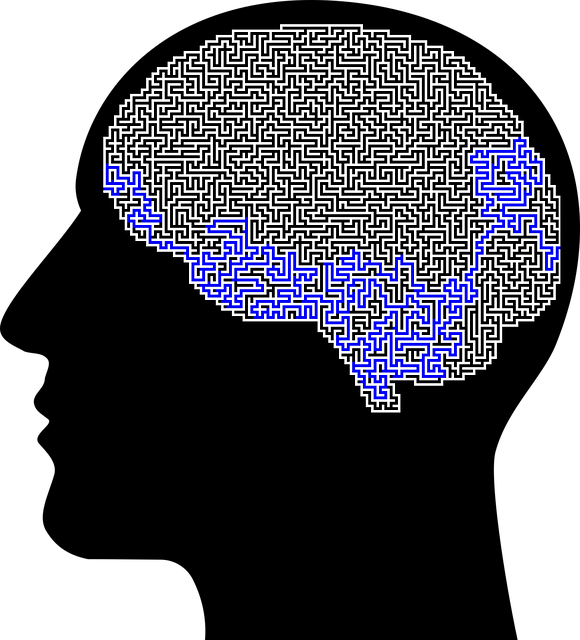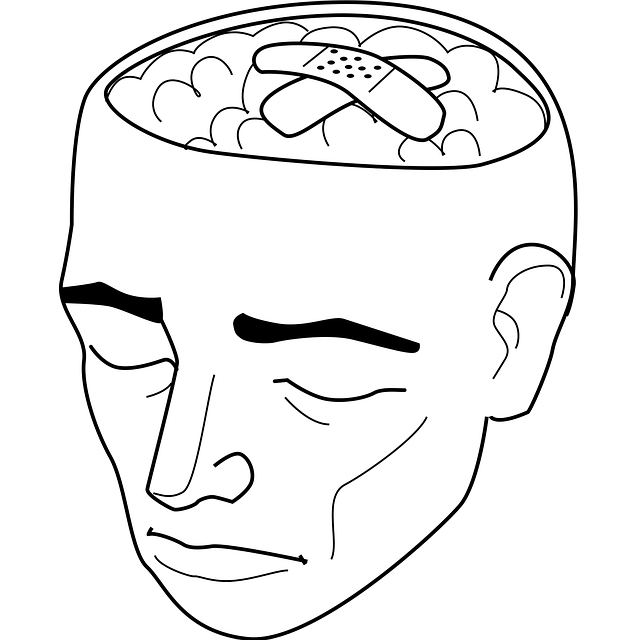Mental illness diagnoses require a holistic approach, with professionals collaborating closely with individuals to understand symptoms, history, and overall well-being. Tools like Parker Relationship Issues Therapy explore personal history, family dynamics, and environmental factors, leading to accurate diagnoses and tailored treatment plans. This therapy focuses on inner strength development and emotional intelligence, helping individuals manage emotions, reduce anxiety, and enhance social interactions. Combining evidence-based therapies, self-care practices, and a robust support network is essential for effective mental health management and recovery.
Mental illness diagnosis and treatment navigation can be a complex journey. This article guides you through essential aspects, from understanding the diagnostic process to exploring innovative therapies like Parker Relationship Issues Therapy. We delve into effective treatment options, emphasizing medication, therapy, and complementary practices. Additionally, we highlight the significance of building a supportive network and self-care strategies for holistic recovery. By navigating these elements, individuals can find clarity, support, and improved mental well-being.
- Understanding Mental Illness Diagnoses: Unraveling the Process
- The Role of Parker Relationship Issues Therapy in Treatment
- Navigating Treatment Options: Medication, Therapy, and Beyond
- Building a Supportive Network for Effective Recovery
- Self-Care Practices for Individuals with Mental Health Conditions
Understanding Mental Illness Diagnoses: Unraveling the Process

Understanding Mental Illness Diagnoses: Unraveling the Process
Mental illness diagnoses are complex and multifaceted processes that require a thorough understanding of an individual’s symptoms, history, and overall well-being. The journey towards a diagnosis often involves a collaborative effort between patients and mental health professionals. This process entails detailed evaluations, comprehensive assessments, and discussions to identify specific disorders or conditions. Mental health professionals, such as therapists specializing in Parker Relationship Issues Therapy, play a pivotal role in guiding individuals through this intricate landscape. They employ various assessment tools and techniques tailored to the unique needs of each client, ensuring a precise and personalized diagnosis.
The diagnosis phase is not merely about labeling symptoms but also involves exploring underlying causes and risk factors. This includes delving into personal history, family dynamics, and environmental influences that may contribute to mental health challenges. Effective diagnosis enables professionals to develop targeted treatment plans, such as those focused on Depression Prevention or Anxiety Relief, ensuring individuals receive the most appropriate care for their specific needs. By understanding the complexities of mental illness diagnoses, patients can navigate their journey towards healing with confidence and clarity.
The Role of Parker Relationship Issues Therapy in Treatment

Parker Relationship Issues Therapy plays a pivotal role in mental illness diagnosis and treatment navigation by focusing on fostering inner strength development and emotional intelligence. This therapeutic approach recognizes that many mental health challenges stem from complex interpersonal relationships, helping individuals understand and manage their emotions more effectively. By addressing underlying relationship issues, this therapy facilitates anxiety relief, enabling patients to navigate their treatment plans with greater clarity and resilience.
The benefits extend beyond individual growth; Parker Relationship Issues Therapy equips folks with essential tools for navigating the complexities of social interactions. This proves especially valuable in today’s bustling world, where emotional intelligence is crucial for maintaining healthy relationships and overall well-being. Through this therapy, individuals gain insights into their communication patterns, fostering more positive connections and enhancing their ability to handle stress and adversity.
Navigating Treatment Options: Medication, Therapy, and Beyond

Navigating treatment options is a crucial step in managing mental health effectively. Beyond medical interventions like medication, individuals often benefit from therapeutic approaches tailored to their specific needs. Parker Relationship Issues Therapy, for instance, focuses on fostering healthier connections and resolving interpersonal conflicts that may contribute to mental distress. This type of therapy can be immensely helpful for those grappling with anxiety, depression, or trauma-related disorders.
Exploring alternative treatments like Mood Management workshops or Stress Management courses offered by organizations specializing in Mental Wellness Podcast Series Production can also empower individuals to take charge of their mental wellness. These programs provide practical tools and strategies for coping with daily stressors, enhancing emotional resilience, and improving overall quality of life. By combining evidence-based therapies with self-care practices, individuals can create a comprehensive approach to navigating and overcoming mental health challenges.
Building a Supportive Network for Effective Recovery

Building a strong support network is an integral part of navigating mental illness and fostering effective recovery. This includes surrounding oneself with understanding and empathetic individuals who can offer emotional support, practical help, and encouragement throughout the journey. Family, friends, and peers play a significant role in creating a safe and nurturing environment, where individuals with mental health challenges feel heard, validated, and empowered.
The impact of a supportive network extends beyond immediate relief; it facilitates access to valuable resources like mental wellness podcasts and production series, compassion cultivation practices, and stigma reduction efforts. These initiatives not only educate but also inspire positive change, enabling individuals to actively participate in their recovery process. By fostering open conversations and promoting mental health awareness, networks can dispel myths, reduce judgment, and encourage seeking professional help when needed, such as Parker Relationship Issues Therapy.
Self-Care Practices for Individuals with Mental Health Conditions

Self-care is an essential aspect of managing mental health conditions. Individuals with emotional intelligence can better understand their feelings and those of others, which can lead to improved coping strategies. Regular practices such as mindfulness meditation, exercise, and maintaining a balanced diet can significantly enhance one’s overall well-being. These activities help reduce stress levels and improve mood, which are crucial for navigating mental health challenges.
In addressing Parker relationship issues therapy often emphasizes the importance of self-care alongside professional support. By incorporating techniques for depression prevention and effective stress management, individuals can foster resilience and better cope with life’s demands. This proactive approach empowers people to take charge of their mental health, complementing therapeutic interventions and ultimately contributing to improved long-term outcomes.
Mental illness diagnosis and treatment can be a complex journey, but with the right tools and support, individuals can navigate this path to recovery. By understanding the diagnostic process, exploring therapeutic options like Parker Relationship Issues Therapy, and building a strong support network, those affected can take control of their mental health. Self-care practices are also vital for maintaining well-being throughout treatment. With dedicated efforts and access to resources, effective healing and improved quality of life are achievable.











